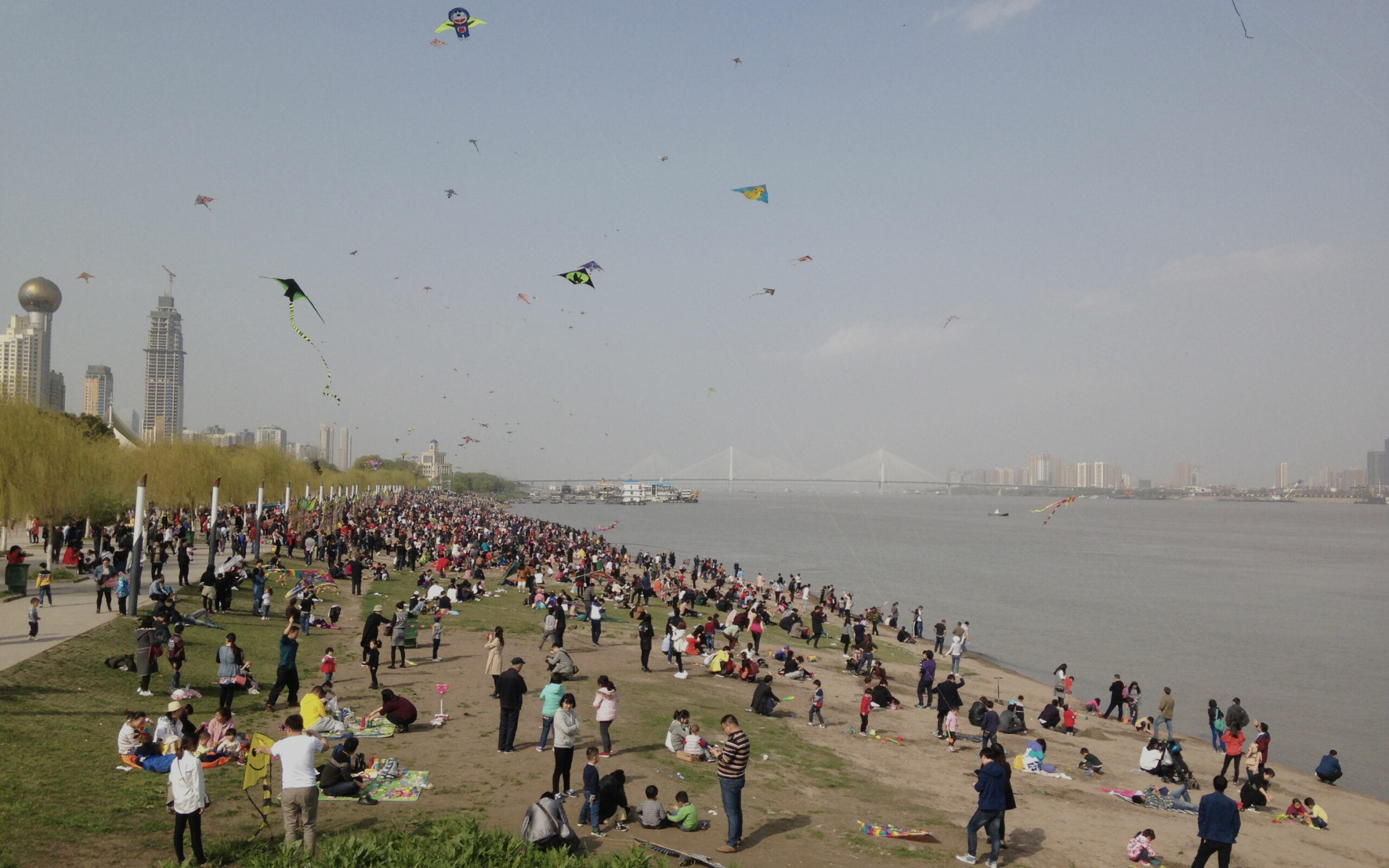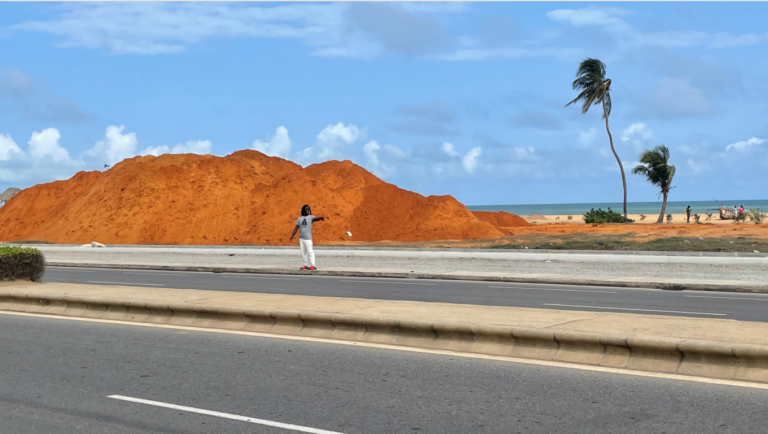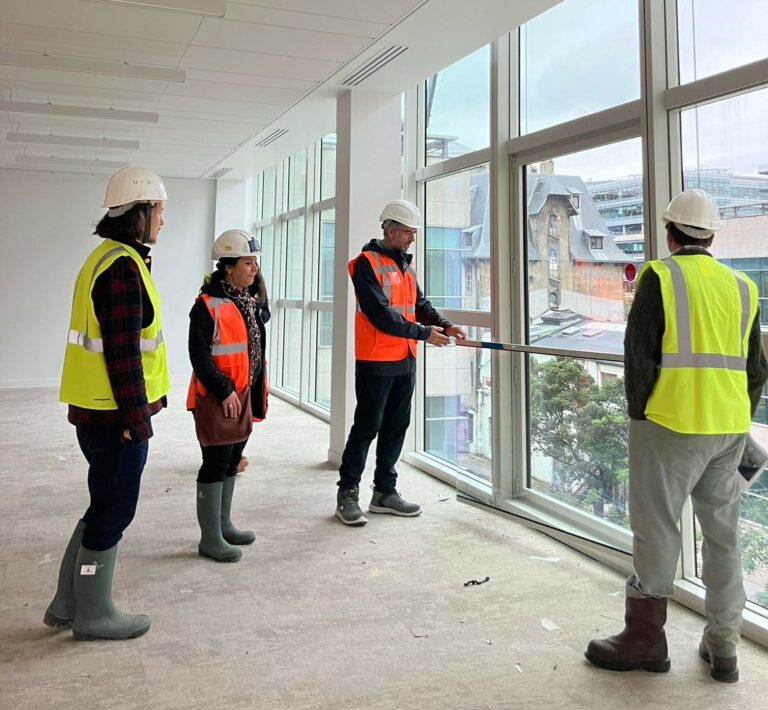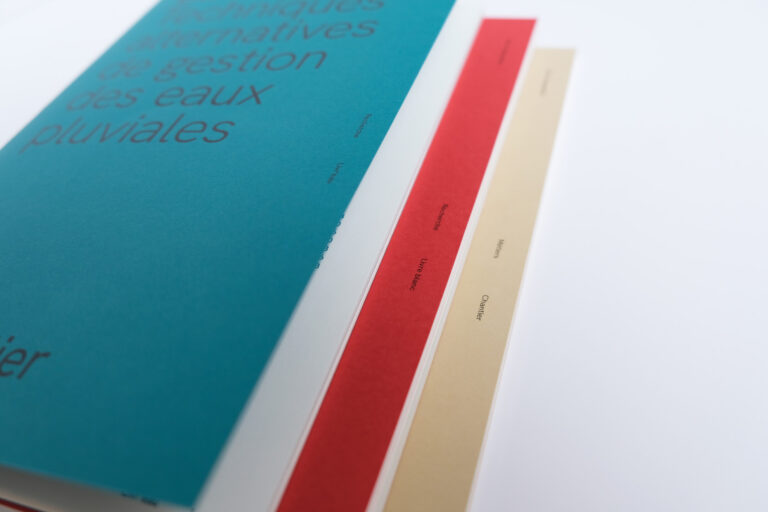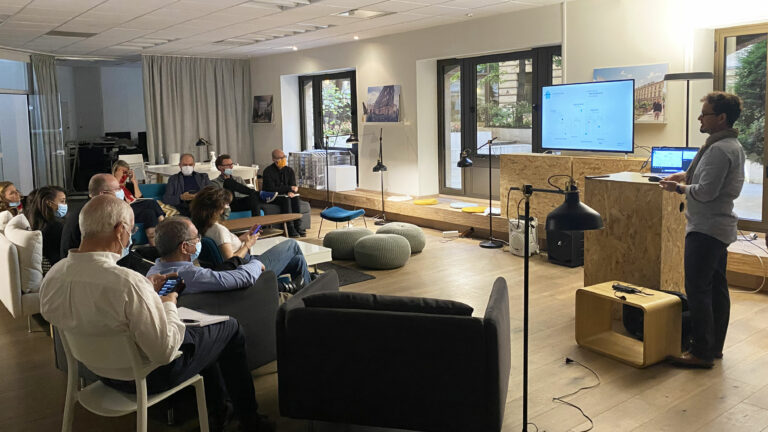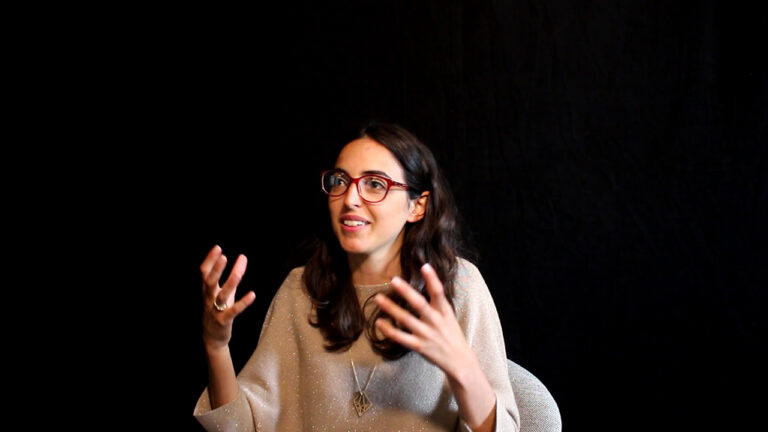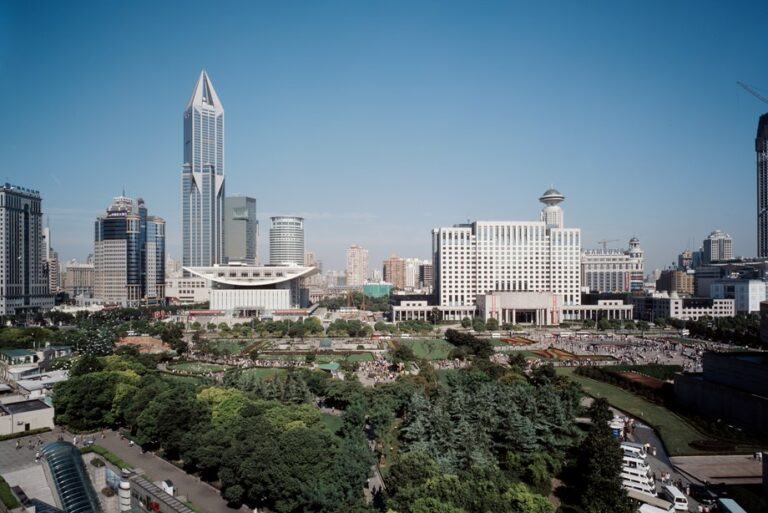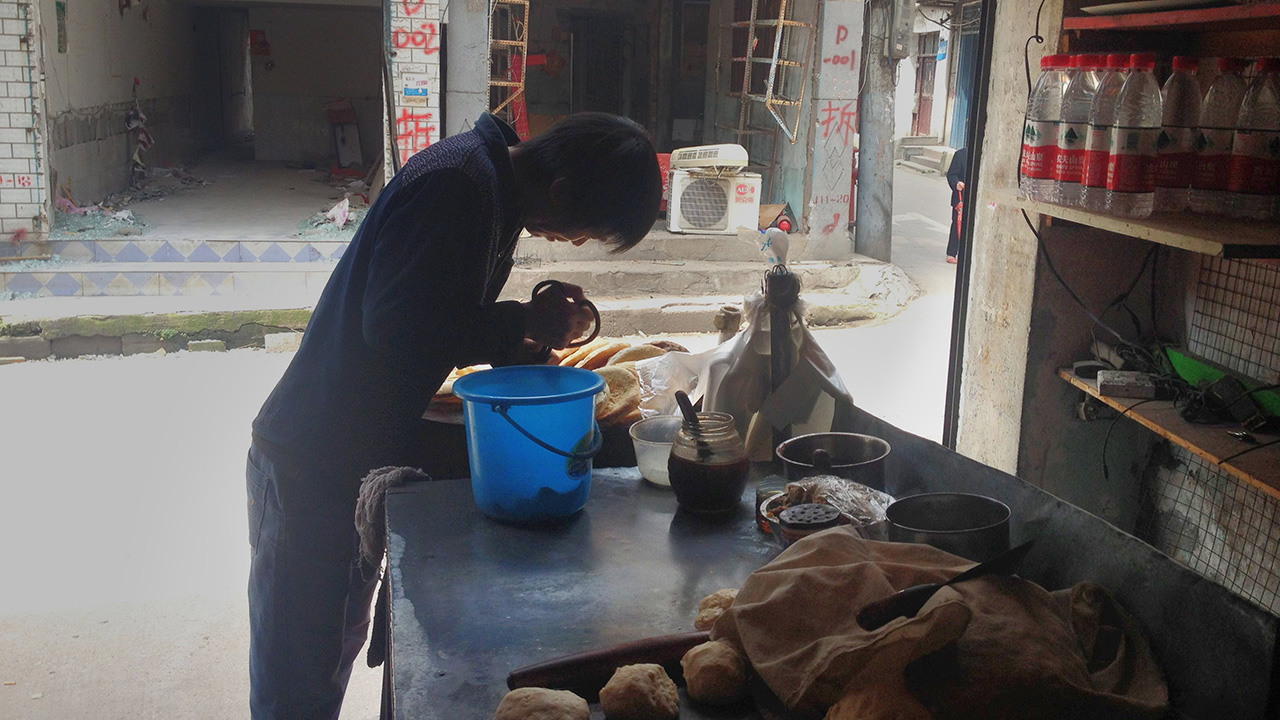
Georgina André, a researcher and urban planner at the agency, tells us about her geography thesis by decoding an image of Wuhan every 15 days.
“Whilst Mao’s China divided society into ‘red’ and ‘black’ categories, the era of reform has brought new social stratifications. One of the most significant is the distinction between coming ‘from here’, that is, from Wuhan, or coming ‘from elsewhere’: why is it so important?
If you come from elsewhere, you will not have access to the same social benefits as those ‘from here’ (education, health insurance…), which explains why many residents, like this couple of farmers from the neighbouring province of Anhui, emigrate temporarily or permanently without their children, whom they often leave in their hometown or village under the supervision of their grandparents. If you come from elsewhere, you will not have access to the same housing as the ‘local people’ either: outsiders are often tenants of a small apartment in dilapidated neighbourhoods. In other words, in a city like Wuhan, in the midst of a policy of urban renewal, their home is likely to be destroyed at one time or another, with no possibility of compensation for you because they are only tenants… unlike landlords who, depending on the characteristics of their housing, receive expropriation compensation. Despite numerous reforms aimed at relaxing this status, the difference of origin remains a strong catalyst for social inequalities.”
Pictured here is a couple of Anhui farmers living in an old neighbourhood of Wuchang in 2016. Since then, the neighbourhood has been razed to the ground to make way for an urban renewal project.
“Every year, me and my husband make the round-trip from Anhui to Wuhan. We stay in Anhui for the harvest season, then we come back here to work. Our two children, who are 6 and 4, are in Anhui. We make 2000 yuans per month with our pancakes and our rent is 1200 yuans (including 600 yuans for the retail outlet).”
To learn more about Georgina André’s thesis, please see the news item: Wuhan, a geographer’s perspective




